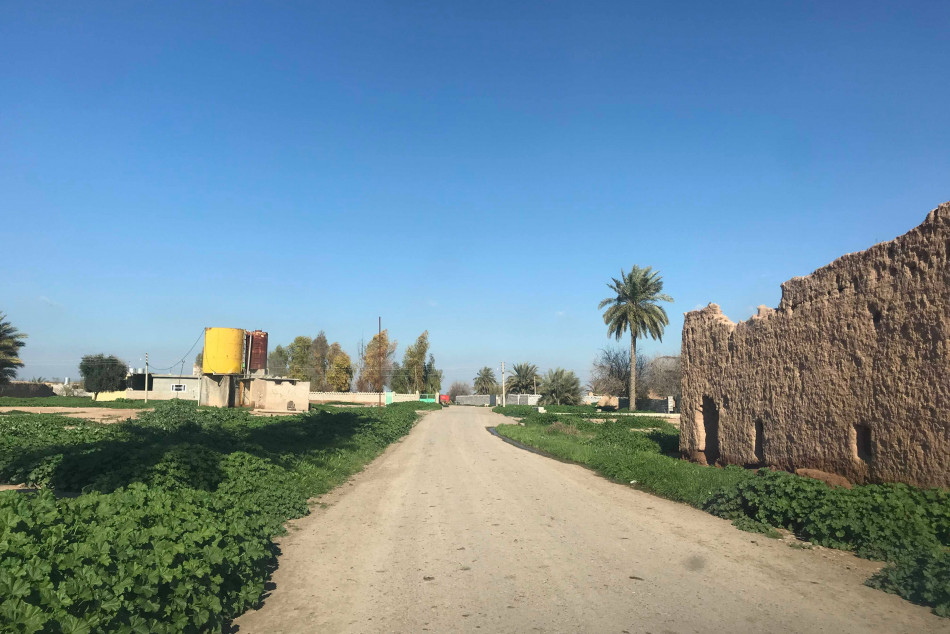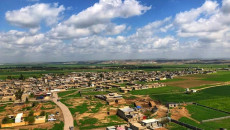Louis Sheikh Fandi, the interim mayor of Daquq district, says that the farmlands that the Arab tribes intend to settle on belong to the Kaka'is.
The ownership dispute of those farmlands led to tensions in the district earlier this month when a number of Arab families tried to pitch tents on those lands and Kurdish farmers prevented them.
Fandi, who belongs to the Arab community of Kirkuk, told KirkukNow: “Those farmlands are labelled disputed. They originally belonged to the Kaka’is from Talan and Dauwda: in 1976 part of them were given to a number of Arab families by the government.”
During Saddam regime’s Arabization process, Kurdish families were expelled from many areas, their lands were confiscated and leased to Arabs from central and southern Iraq. But after 2003, most of those Kurds returned to their lands.
Fandi said that they are waiting for the issue to be resolved by the committees set up by the Federal Government, as the Arabs say they have contracts, and the Kaka’i Kurds regard themselves as the rightful owners.
On 19 August, the second deputy speaker of the Iraqi Parliament, Bashir Haddad, along with a number of Kurdish MPs, met with the interim governor of Kirkuk Rakan Saeed, and discussed the land ownership issue. According to one of the participating MPs, the Kirkuk Administration has been asked to leave the issue to be resolved by the Federal Government.
KirkukNow tried to contact notables and representatives of the Arab tribes who seek to resettle on those farmlands in Daquq, but none was ready to talk.
Hiwa Tahir, a Kurdish farmer in Daquq, told KirkukNow: “We hope that the government will no longer stand idly by, and should resolve the farmlands issue, because it’s not right that each planting and harvesting season tensions and problems resurface.”
Solving the issue of the dispute over the ownership of agricultural lands falls within the framework of Article 140 of the Iraqi constitution, which was meant to determine whether Kirkuk and other areas should fall under the administration of the Federal Iraqi government or the Kurdistan Regional Government, according to mechanisms that include “normalization and census” and to “determine the will of the resident” with “a referendum in Kirkuk and other disputed territories.”






